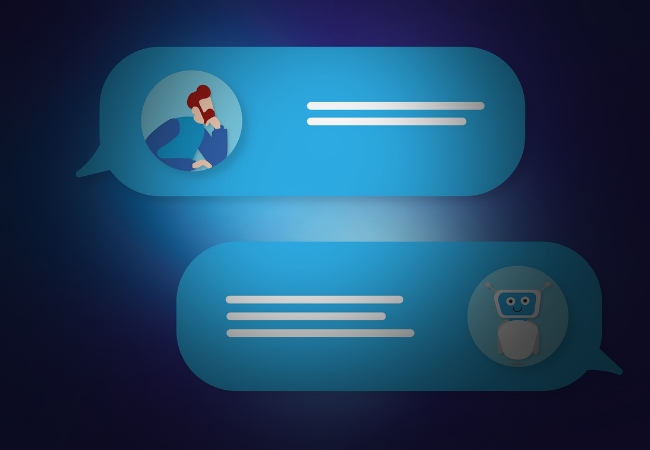ChatGPT is a popular online chatbot that has gained a lot of attention in recent years. It is an AI-powered chatbot that uses natural language processing to converse with users on a variety of topics. While it is a great tool for communication, it could be putting your online security at risk.
In this article, I will discuss what cybersecurity is, the dangers of using ChatGPT for online security, the risks associated with ChatGPT, common cybersecurity threats, and how to protect yourself from ChatGPT cybersecurity threats. I will also provide some ChatGPT alternatives for better online security.
What is Cybersecurity?
Cybersecurity refers to the practice of protecting electronic devices, networks, and sensitive information from unauthorized access or attacks. With the increasing use of the internet and other digital technologies, cybersecurity has become a major concern for individuals and businesses alike. Cybersecurity threats come in many forms, including viruses, malware, phishing attacks, and social engineering.
The Dangers of Using ChatGPT for Online Security
While ChatGPT is a great tool for communication, it could be putting your online security at risk. When you use ChatGPT, you are essentially giving the chatbot access to your personal information, including your name, email address, and phone number. This information could be used by cybercriminals for malicious purposes, such as identity theft or fraud.
In addition, ChatGPT is vulnerable to a number of cybersecurity threats. For example, if the chatbot is not properly secured, it could be hacked and used to spread malware or steal sensitive information. ChatGPT could also be vulnerable to phishing attacks, where cybercriminals use social engineering tactics to trick users into revealing their personal information.
Risks Associated with ChatGPT
There are several risks associated with using ChatGPT for online security. One of the biggest risks is the potential for data breaches. If ChatGPT’s security measures are not up to par, cybercriminals could gain access to user data and use it for malicious purposes. This could include stealing sensitive information, such as credit card numbers or social security numbers, or using the data for phishing or social engineering attacks.
Another risk associated with ChatGPT is the potential for malware infections. If the chatbot is infected with malware, it could spread the infection to users who interact with it. This could result in the theft of sensitive data or the installation of malicious software on the user’s device.
Common Cybersecurity Threats and How ChatGPT Can Be Vulnerable to Them
There are several common cybersecurity threats that could affect ChatGPT. One of the most common is phishing attacks. Phishing attacks involve cybercriminals sending fraudulent messages to users in an attempt to trick them into revealing sensitive information. ChatGPT could be vulnerable to phishing attacks if it is not properly secured. Cybercriminals could use social engineering tactics to trick users into revealing their personal information.
Another common cybersecurity threat is malware infections. Malware is malicious software that is designed to harm or disrupt computer systems. ChatGPT could be vulnerable to malware infections if it is not properly secured. Cybercriminals could use malware to infect the chatbot and use it to spread the infection to users who interact with it.
How to Protect Yourself from ChatGPT Cybersecurity Threats
There are several steps you can take to protect yourself from ChatGPT cybersecurity threats. One of the most important is to make sure that you are using a secure version of the chatbot. This may involve updating your chatbot software or using a version of the chatbot that is specifically designed for secure communication.
Another important step is to be careful about the information you share with ChatGPT. Avoid sharing sensitive information, such as your credit card number or social security number, with the chatbot. If you must share sensitive information, make sure that you are using a secure connection and that the chatbot is properly secured.
ChatGPT Alternatives for Better Online Security
If you are concerned about the security risks associated with ChatGPT, there are several alternatives that you can consider. One option is to use a different chatbot that is specifically designed for secure communication. Another option is to use a virtual private network (VPN) to encrypt your online communications and protect your personal information.
Conclusion and Final Thoughts on ChatGPT's Cybersecurity Risks
In conclusion, while ChatGPT is a great tool for communication, it could be putting your online security at risk. Cybersecurity threats come in many forms, and ChatGPT is vulnerable to a number of them. To protect yourself from ChatGPT cybersecurity threats, be careful about the information you share with the chatbot, use a secure version of the chatbot, and consider using alternative communication tools or VPNs. By taking these steps, you can help to protect your personal information and stay safe online.


Post a Comment